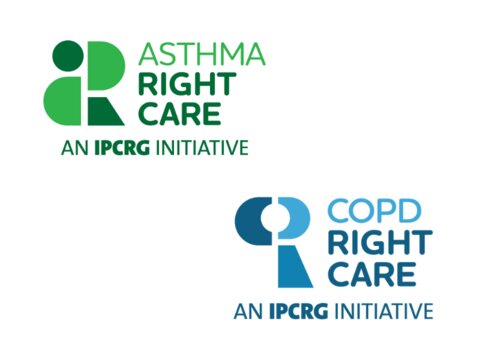IPCRG Right Care

IPCRG fully supports the United Nations Sustainable Development Goal 3.8 to achieve Universal Health Coverage, meaning that everyone offers access to quality essential health services and access to safe, effective, quality and affordable medicines and vaccines for all. We believe that this can only be achieved through investment in primary care, but accept that there is considerable variation in access and quality at the moment.
We totally agree with Richard Horton, Editor in Chief of the Lancet that in many countries, we are far from UHC, and there needs to be a major change in approach if we are to reach the goal of equitable access. [Link to https://www.thelancet.com/journals/lancet/article/PIIS0140-6736(16)32588-0/fulltext]
We too believe that Right Care offers a framework to support that change. It focuses attention on tackling the elements in our control: overdiagnosis, overuse and underuse which create significant variation in access.
What is right care?
In its simplest definition it is care that weighs up benefits and harms, is patient-centred (taking individual circumstances, values, and wishes into account), and is informed by evidence, including cost-effectiveness. The Series authors acknowledge that most medical services fall into a grey zone where the benefit and harm ratio for a given individual is unknown. However, an important start is to think about, and aim to influence, the drivers of poor, unnecessary, and harmful care. The authors argue that these drivers fall into three important categories: money, finance, and organisations; knowledge, beliefs, assumptions, bias, and uncertainty; and power and human relationships." [ref https://www.thelancet.com/journals/lancet/article/PIIS0140-6736(16)32588-0/fulltext]
Our contribution to this is to define what Good Quality Care looks like for the two most common chronic respiratory diseases in primary care - asthma and COPD [link to them] and to offer resources that can trigger conversations, support reflection and offer "how to" guidance that leads to behaviour change. In our Right Care movement we have applied the evidence from social movements for health to gain commitment to change, and then to offer guidance about how to change.

